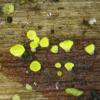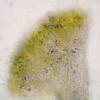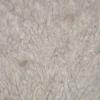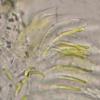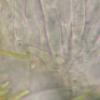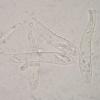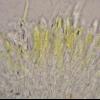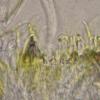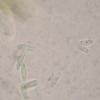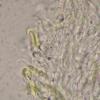
18-10-2016 23:08
Elisabeth StöckliBonsoir, Voici une espèce sur branches mortes et

19-10-2016 10:08
 Zuzana Sochorová (Egertová)
Zuzana Sochorová (Egertová)
Hello,could someone provide this article to me, pl

18-10-2016 15:54
 Angel Pintos
Angel Pintos
Hola a todos he terodiscus encontrado este Asterod

13-10-2016 14:39
 Marian Jagers
Marian Jagers
Could somebody help me with this species growing g

17-10-2016 19:04
Thorben HülsewigHi there,yesterday i found on ground this strange

16-10-2016 10:08
Attila RigóBonjour! Good morning for everyone!I'm Attila Rig�

16-10-2016 17:41
 Angel Pintos
Angel Pintos
Ascoma superficial disperso entre 300 y 500 micras
Voici une espèce sur branches mortes et décortiquées de Salix trouvé en Saulaie buissonnante marécageuse à 1'005m.
Apothécies 0.1-0.25mm de diamètre, hyménium jaune, stipitées, surface externe et marge couvertes de poils, asques octosporés, 48-57x7-8µm, IKI-, spores lisses, hyalines, 7-11.5x2.5-3µm, paraphyses à contenu réfringent, idem les poils de la marge, crochus au sommet.
Merci d'avance pour vos avis.
Elisabeth

It would actually be good to add always the date of collection then I could easier name the down-loaded files. From this species I did not have photos so far.
Zotto
Elisabeth

